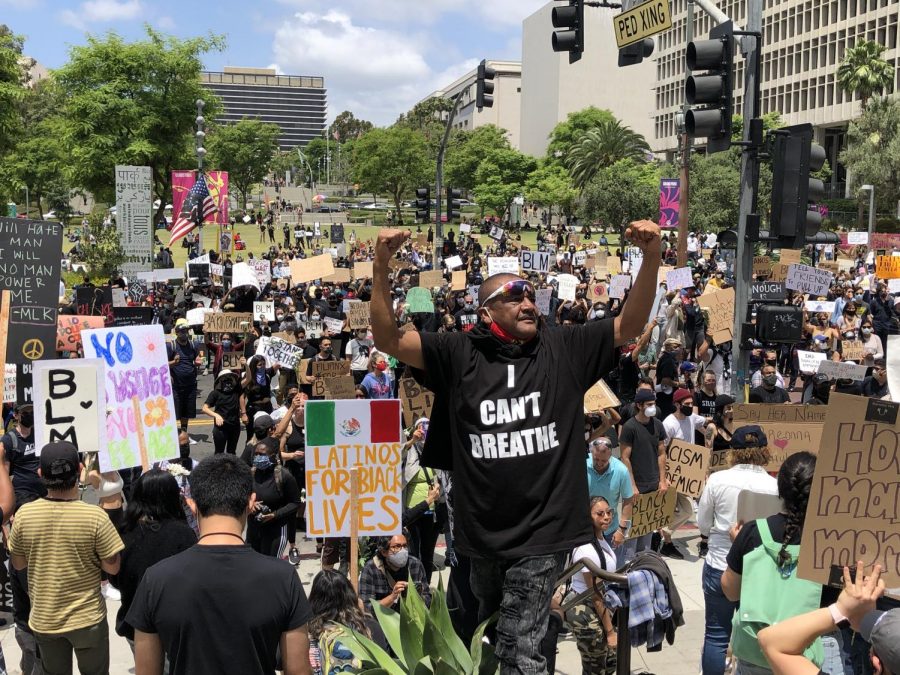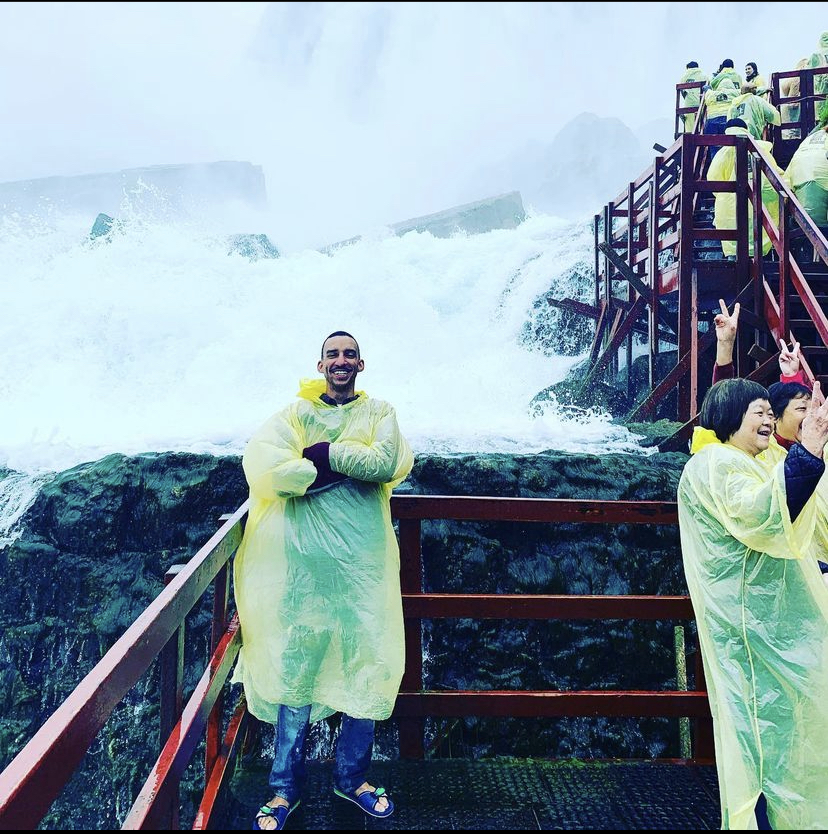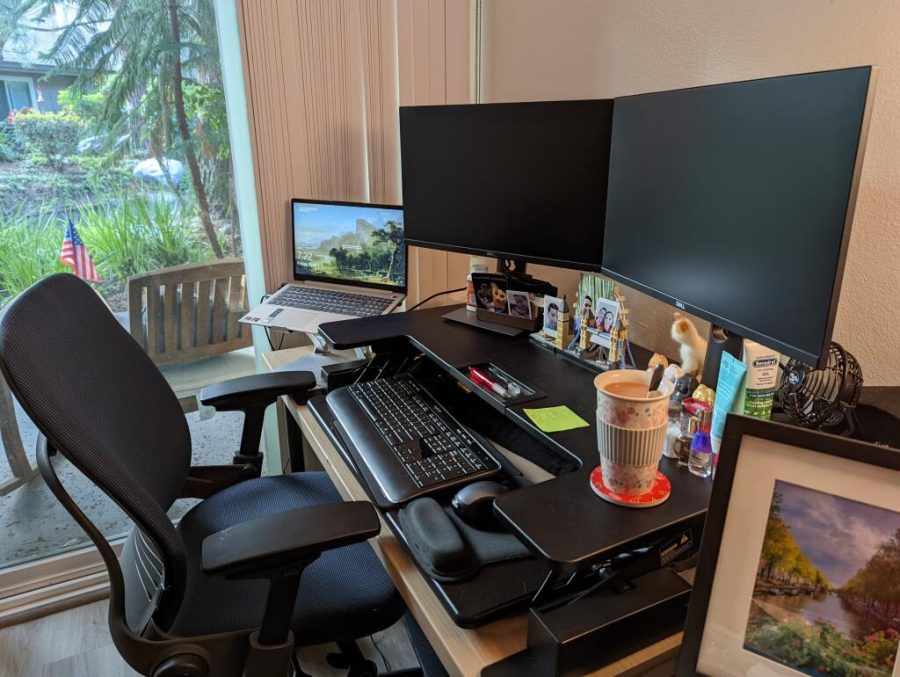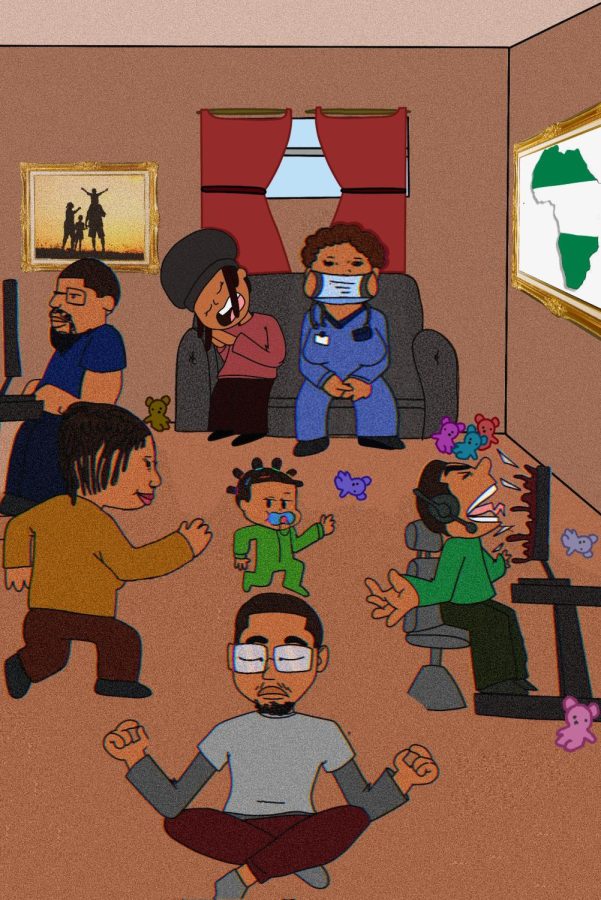Halfway through the final month of 2020, but for most of the world this year just can’t end soon enough. It wasn’t long before many on social media called it a cursed year, and it only seemed to slide further downhill with every month, each bit of news more unpredictable than the last.
From the pandemic to the sweeping protests across the country, 2020 was full of major changes that will alter American life long after the new year. This article will reflect on some of the biggest changes, good and bad, before heading into 2021.
In January images and videos of the Australian wildfires depicted a hellscape, a bright red burning inferno that decimated the environment and forever changing the ecosystem. At least 33 people lost their lives, with an estimated 27.2 million acres of the continent burned.
In that same month, Trump jumped on the opportunity to assassinate Iranian major general Qasem Soleimani, credited with several attacks on American bases, at Baghdad International Airport.
The Iranian government retaliated by ordering a counter missile strike on two allied air bases. No casualties were reported from the attacks, and in spite of many people’s fears, Iran did not declare war with the US. Many even joked online about preparing for World War III.
Blood tests indicate that COVID-19 was in the US as early as mid-Dec. of 2019, unbeknownst to Americans who still joyously dined in restaurants, packed sporting events and breathed freely without a face covering. Most doubted experts who warned the pandemic would extend well into Winter.
In record time, the pandemic spread state to state, overwhelming the nation’s healthcare system and claiming 302,000+ casualties in the process. Today, the US leads the world in COVID-19 deaths. Even as the newly developed Pfizer vaccine is distributed to healthcare workers, the death count continues to rise.
The pandemic shut down schools, businesses and workplaces putting nearly everyone in economic shock. State and local governments take measures to limit the spread of the virus, but resources to protect Americans from financial hardship were depleted almost immediately.
The Trump administration’s limited response earned heavy criticism from his opponents and devout praise from his followers. Despite Trump’s many campaign rallies, defying the orders of his own healthcare officials, he lost most the matchups in battleground states to Joe Biden, closing Trump’s chances at a second term.
An indisputable factor of Biden’s victory was the mobilization of Black and Latino voters who were key to turning battleground states blue.
Marginalized groups were energized and enraged by the events leading up to November, namely the high-profile police killings of George Floyd in Minneapolis and Breonna Taylor in Louisville, Kentucky, both unarmed at the time of their deaths.
Amaud Arbery, a young, Black man was shot and killed by two white men while jogging in his hometown of Georgia. His killers were not arrested until a third-party attorney released a damning video taken from a dashboard camera.
Jacob Blake, a father and resident of Kenosha, Wisconsin, was shot seven times in the back after he defied orders from police to not enter his car. Deputies on the scene did not find a weapon on Blake, who survived the shooting.
Andres Guardado was shot and killed near Gardena by L.A. County sheriff deputies who claimed he brandished a weapon towards them. Sheriff Alex Villanueva initially refused to release the autopsy report until the coroner’s office did so against his wishes. The report revealed that Guardado was shot in the back, indicating he was running away from deputies.
These shootings, among many others, gained national attention and ignited a massive movement in American communities and in nations overseas. Millions marched for police accountability and justice reform.
In major urban cities, including Los Angeles, Portland and Kenosha, violent clashes between demonstrators and police ensued, resulting in countless cases of police brutality and millions of dollars in damages to public and private property nationwide.
While competing in a bubble in Florida, isolated from fans and families, the NBA and WNBA made history with their demonstrations in protest of police brutality, wearing messages on their uniforms and refusing to compete in a number of games. Their actions encouraged organizations in the MLB to do the same.
For sports fans in Los Angeles, triumph followed tragedy after basketball legend and former Lakers superstar, Kobe Bryant was killed in a fatal helicopter crash in January, claiming 8 others including his 13 year-old daughter, Gianna. It shook the sports world to its core, the same morning of the 62nd annual Grammy Awards.
The Lakers, led by Lebron James and Anthony Davis, won their way to the NBA finals, where they defeated the Miami Heat in six games. It was the first NBA post season ever in an isolated bubble. The organization dedicated their victory to Bryant and his family.
The Los Angeles Dodgers were also able to come out on top of their post season, winning their first World Series championship since 1988. Fans lit fireworks that exploded over cities, some taking the streets in jubilation.
A different president and the promise of a vaccine is lifting hopes for 2021, where Americans may later join other nations in fully opening the economy and returning to large gatherings with family and friends.
Then again, if 2020 taught Americans anything, it’s that the future is entirely unpredictable.
















